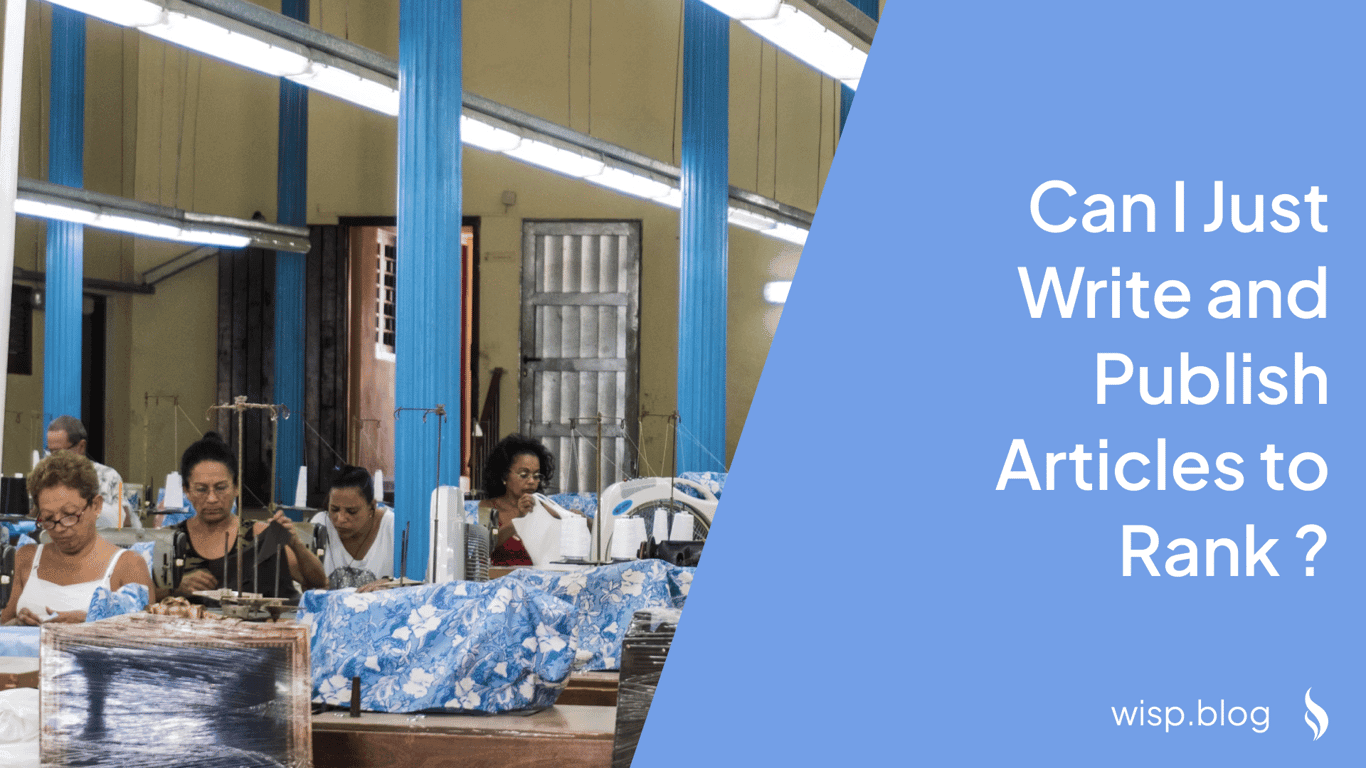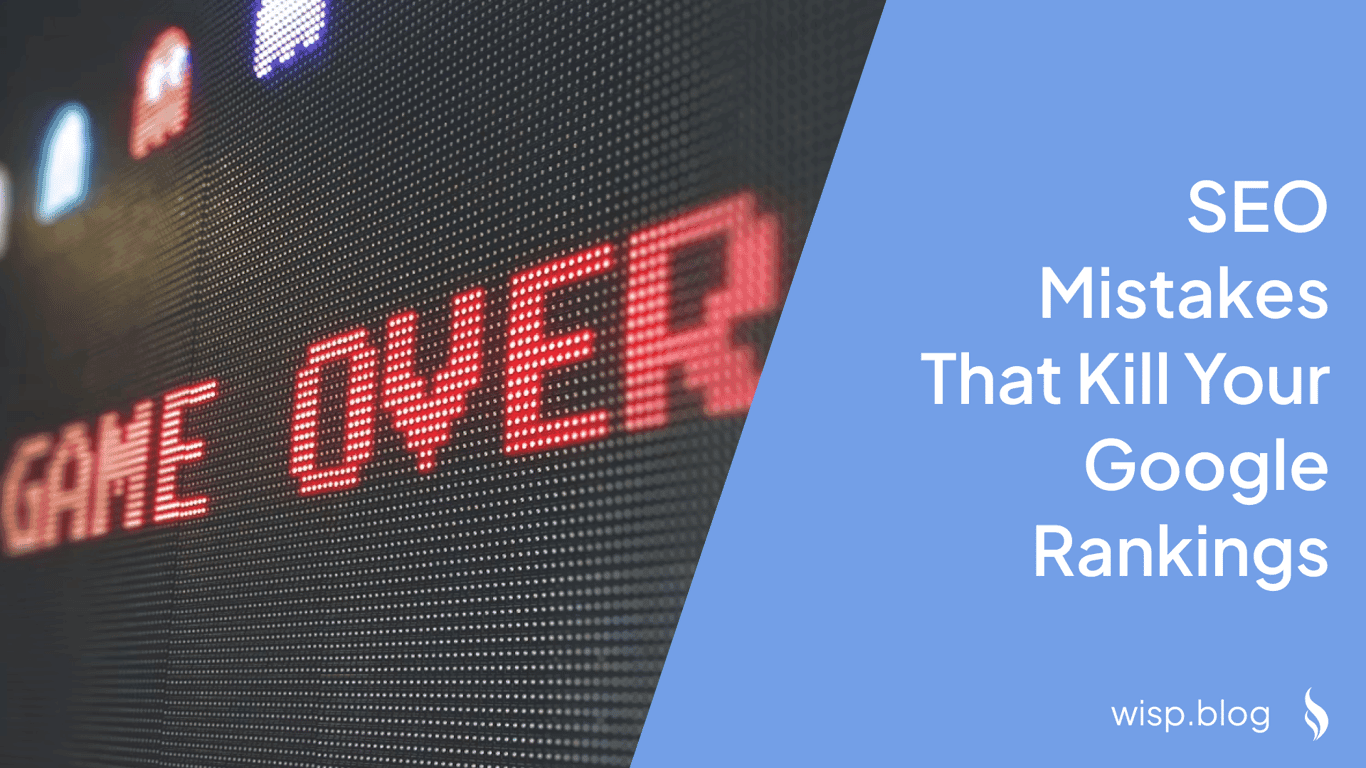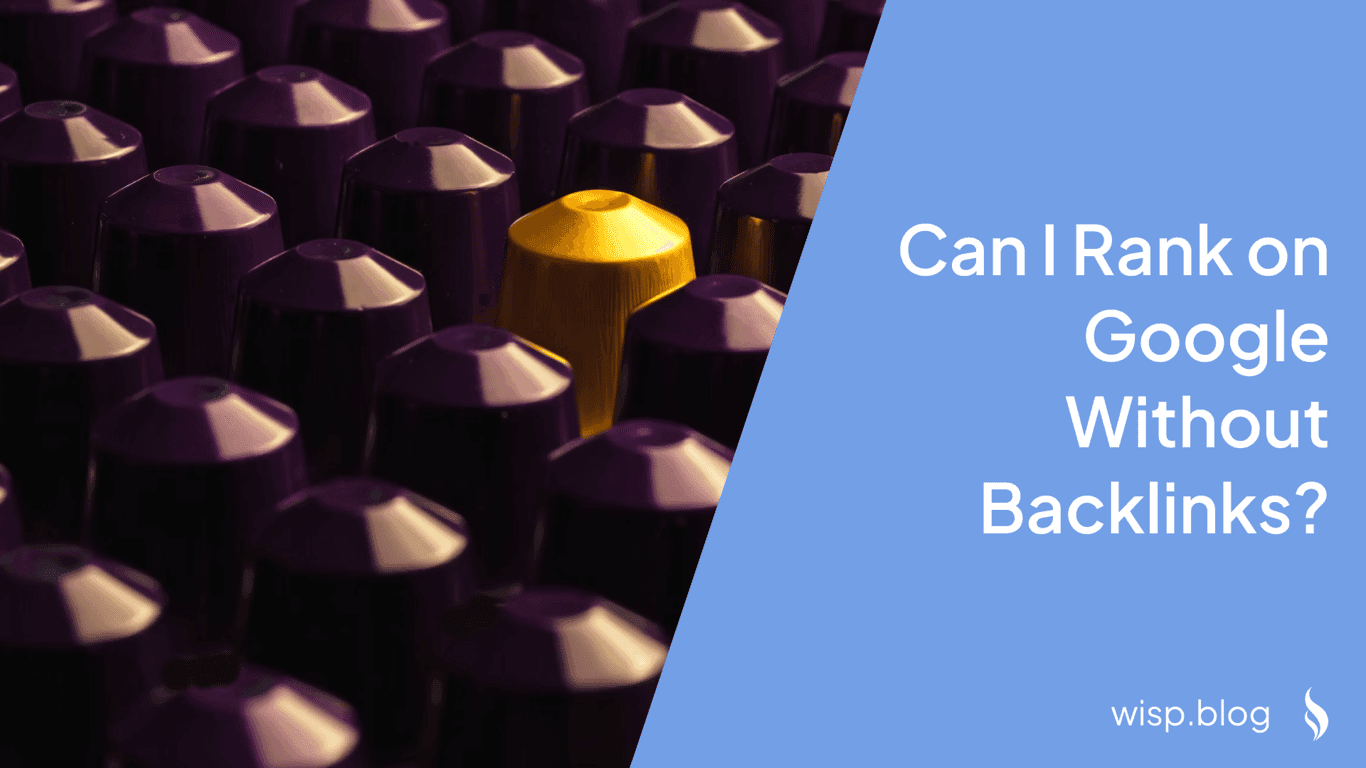 You've optimized your website meticulously, implemented all the SEO best practices, and published high-quality content. Yet weeks pass, and your rankings barely budge. Meanwhile, your competitor launches a new page that shoots straight to the top of search results within days. What explains this frustrating disparity?
You've optimized your website meticulously, implemented all the SEO best practices, and published high-quality content. Yet weeks pass, and your rankings barely budge. Meanwhile, your competitor launches a new page that shoots straight to the top of search results within days. What explains this frustrating disparity?
In the world of search engine optimization, one of the most perplexing challenges is understanding why ranking changes occur gradually for some websites while happening rapidly for others. This inconsistency leads to confusion and often causes marketers to question their strategies.
"Why do you guys think SEO performance improvements happen gradually instead of in sudden jumps, even when everything seems optimised?" asks one frustrated SEO practitioner on Reddit. This sentiment echoes across forums and communities where SEO professionals gather to share their experiences.
The truth is that SEO isn't a linear process with predictable outcomes. It's a complex ecosystem influenced by numerous factors that determine whether your content will climb rankings at a snail's pace or rocket to the top of search engine results pages (SERPs).
The Fundamentals of SEO Ranking Changes
Before diving into the factors that influence ranking speeds, it's important to understand the three core pillars of SEO:
On-page SEO: Elements within your control on your website, including content quality, keyword usage, meta tags, and HTML structure.
Off-page SEO: External factors that affect your site's authority, primarily backlinks from other websites.
Technical SEO: The backend structure of your website that affects how search engines crawl and index your content.
Each of these components plays a crucial role in determining how quickly your content ranks, but not always in the ways you might expect.
The Authority Factor: The Hidden Accelerator
Perhaps the most significant factor dictating the pace of ranking changes is what SEO professionals call "latent topical authority." This concept represents the accumulated trust and credibility your website has built with search engines over time.
As one SEO expert explains: "Absolutely - once you have latent topical authority, it's instant." This statement highlights a fundamental truth: established websites with strong domain authority often see new content rank quickly, while newer sites struggle to gain traction despite implementing the same optimization techniques.
This phenomenon occurs because Google has already verified the credibility and relevance of established domains through years of content evaluation and user engagement metrics. For these sites, new content benefits from a pre-existing foundation of trust.
The Patience Principle: Why SEO Growth Is Often Gradual
"It just seems weird that Google takes so long to assess the quality of new content especially when everything is optimised," laments another SEO practitioner. This frustration stems from a misunderstanding of how search engines actually operate.
Google's algorithm doesn't just evaluate your content once and assign it a permanent ranking. Instead, it continuously reassesses pages over time, making incremental adjustments based on new data. This process naturally leads to gradual changes rather than dramatic jumps in rankings.
An insightful comment from the SEO community explains this phenomenon: "Indexing is done at Authority pace... the longest page's indexing cycle = the length of your site indexing cycle." This means that your entire site's credibility affects how quickly new content gets properly indexed and ranked.
Several factors contribute to the typically gradual nature of SEO improvements:
1. The Crawling and Indexing Process
Search engine crawlers (like Googlebot) discover and process new content at varying rates. Even with tools like XML sitemaps to expedite the process, there's still an inherent delay between publishing content and having it fully indexed.
2. The Evaluation Period
Google doesn't immediately "trust" new content. It requires time to:
Analyze user engagement metrics like click-through rate (CTR) and dwell time
Compare your content against competing pages
Assess the relevance and value of your content to searchers
3. The PageRank Formula Evolution
While Google's original PageRank formula has evolved significantly, the principle remains: authority is built and transferred gradually through the web of links across the internet. As one SEO professional noted, "SEO is a marathon, not a sprint."
Misconceptions About Content Recency and Rankings
A persistent myth in the SEO community is that Google penalizes "outdated" content or terminology. However, as one expert bluntly states, "Google doesn't hand out penalties for 'outdated terms' nor does it care if content is current..."
This misconception often leads content creators to unnecessarily update perfectly good content simply for the sake of appearing "fresh." In reality, Google prioritizes relevance and value over recency in most cases.
"The ONLY point of view that 'current' suits is to create false demand," notes one experienced SEO practitioner, highlighting how this myth is perpetuated to drive business for content creation services.
When Rankings Change Rapidly: The Exceptions
Despite the typically gradual nature of SEO, there are circumstances where rankings can change dramatically and quickly:
1. Established Authority Sites
Sites with strong domain authority can often rank new content quickly. As mentioned earlier, this occurs because Google already trusts these domains. One SEO professional shares their experience: "We published a new page on our established site, and it ranked in the top 3 results within 48 hours. The same content on a newer domain might take months to achieve similar rankings."
2. Algorithm Updates
Major Google algorithm updates can cause sudden shifts in rankings across the web. These updates, like the Helpful Content Update, can dramatically change positions overnight as the search engine recalibrates its evaluation criteria.
3. Trending Topics
Content related to trending topics or breaking news can rank quickly due to Google's freshness signals, which temporarily prioritize recency for certain query types.
The Backlink Reality: Quality Content Isn't Always Enough
One of the most disheartening realizations for content creators is discovering that superior content doesn't automatically outrank competitors. This painful truth is captured in one SEO practitioner's lament: "I'm still being outranked by lower quality content... If you're considering the content and nothing else, I should be #1. That's very frustrating!"
The missing piece of the puzzle is often backlinks. As the same practitioner explains, "I have 8 referring domains... my website is fairly new. My competitor has 1100 referring domains..." This vast disparity in off-page signals creates an uphill battle even for the most well-crafted content.
This reality check demonstrates that SEO remains a multi-faceted discipline where on-page excellence must be complemented by off-page authority building for optimal results.
Practical Strategies for Navigating SEO Timelines
Given the complex nature of ranking changes, how should website owners approach their SEO strategy? Here are evidence-based recommendations:
1. Use Analytics Tools Effectively
"If you look at a page in GSC and look at the CTR rates vs impressions or average position you can see what I'm talking about," advises one SEO expert. Google Search Console (GSC) provides valuable insights into how your pages are performing and where opportunities exist for improvement.
2. Build Supporting Content
For competitive keywords, instant success is rare. "In competitive SERPs, you likely are not going to rank in the top 5 or even top 25 right away. You will need to build supporting content and internal links," explains an experienced SEO professional. This approach creates a web of relevance that strengthens your site's authority on a particular topic.
3. Focus on Genuine Quality, Not Perceived Freshness
Rather than chasing recency, focus on creating truly valuable content. As one expert defines it: "High quality content = You have lived the experience of your target audience yourself, then have experienced their pain points on an intellectual and emotional level, then you have thoroughly investigated what kind of content would help someone going through that lived experience."
One way that we've seen companies crack genuine quality at scale was at Synscribe. They have created an AI content workflow which was capable of indenpendently perform content and audience research to produce high-quality content. They have published their methods as well as examples of AI-content ranking #1 on Google.
Conclusion: Embracing the SEO Journey
Understanding the differences between fast and gradual ranking changes helps set realistic expectations for your SEO efforts. Whether you're experiencing the frustration of slow progress or the excitement of quick wins, remember that sustainable SEO success is built on a foundation of quality content, technical excellence, and earned authority.
As one seasoned SEO professional wisely notes, "It's a piece of software, not a god." Google's algorithm, despite its complexity, follows patterns that can be understood and worked with effectively if you approach the process with patience and persistence.
By recognizing the factors that influence ranking speeds and addressing common misconceptions, you can develop a more effective, long-term SEO strategy that accounts for both the marathons and sprints of search engine optimization.
Remember that while some websites may seem to enjoy overnight success, most sustainable SEO results come from consistent effort and continuous improvement over time. The key is to stay the course, analyze your performance data, and adapt your strategy as you build your site's authority in your niche.


